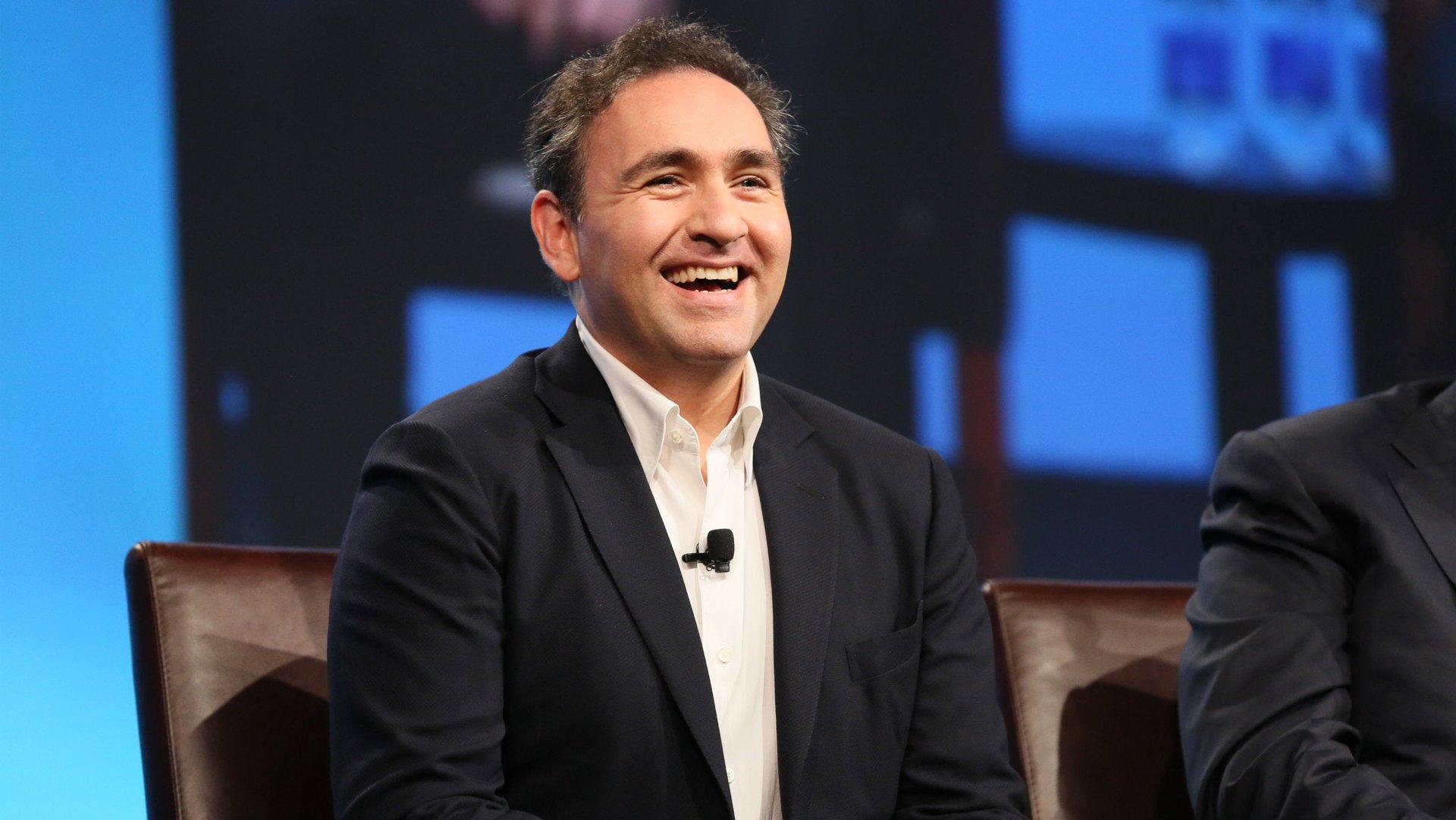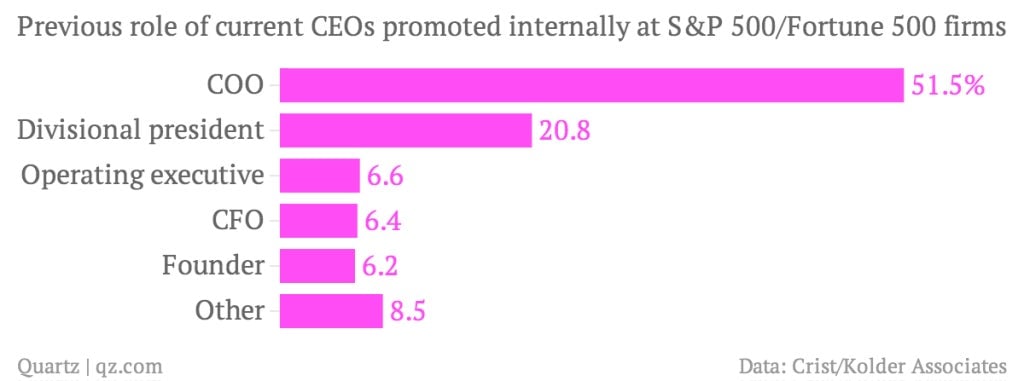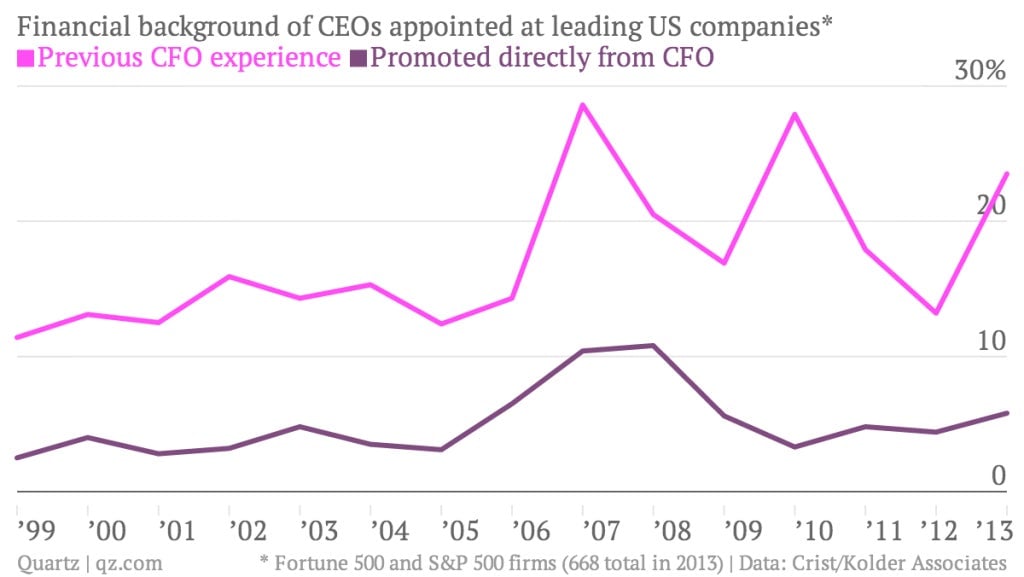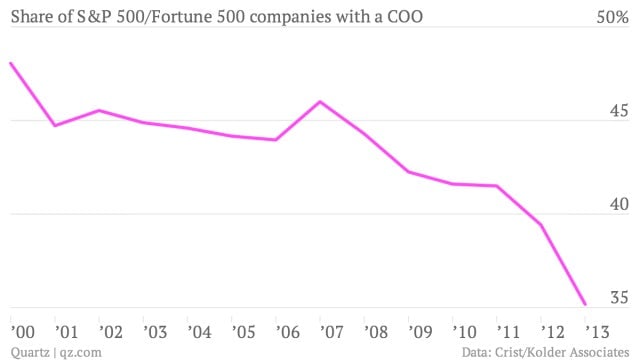A Twitter executive’s resignation is a warning for CFOs who want the top job
Until today, Ali Rowghani’s career followed a well-worn path.


Until today, Ali Rowghani’s career followed a well-worn path.
He got his start as a consultant at McKinsey before jumping to Pixar, the digital animation company, where he rose to CFO. Twitter then came calling, looking for a finance chief to bolster the systems and controls at the fast-growing firm. His “laser focused,” “deliberate and reflective” approach was just the thing for the company at the time, according to colleagues.
When an IPO loomed, Twitter brought in a new CFO with public-company experience, Mike Gupta, and moved Rowghani—by then known internally as “Mr Fix-It”—over to COO at the end of 2012. This, as was generally acknowledged inside and outside the firm, made him the heir apparent to Dick Costolo as CEO. After all, Costolo was COO before he took over as chief executive, and it’s by far the most common stepping stone to the top job at big companies:

But something happened when Rowghani stepped out from finance into a more operational role. He abruptly resigned today, amid stories about reduced responsibilities and disappointing product strategies. And so, for now, Rowghani will not be joining the growing ranks of former finance chiefs taking over corporate boardrooms around the world.
This is a reminder that success in one field does not necessarily translate into another. Although CFOs’ responsibilities have expanded greatly in recent years, the top job requires them to step outside of the finance function completely. Former CFOs are relatively common in CEO posts, but few make the jump directly:

What’s also notable is that Twitter will not replace Rowghani as COO, instead divvying up his responsibilities between other senior managers. As we have written before, the COO position is in a long, slow decline, their ranks gradually thinning out in the boardrooms of big companies:

But this does not mean that the position is unimportant. Often, as with Rowghani and Costolo, COO is a short-term appointment for executives to prove that they have what it takes to become CEO someday. And not all succeed.